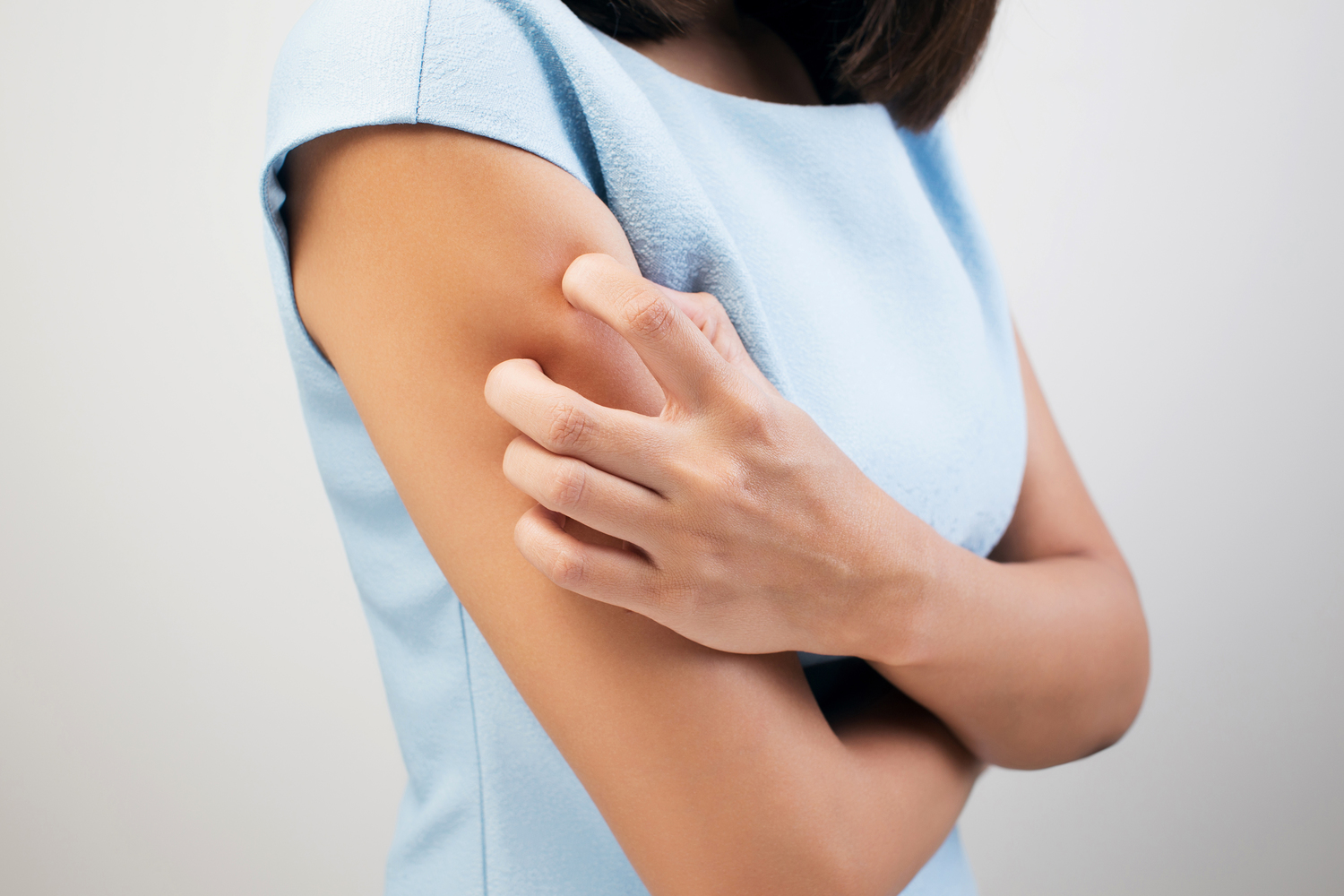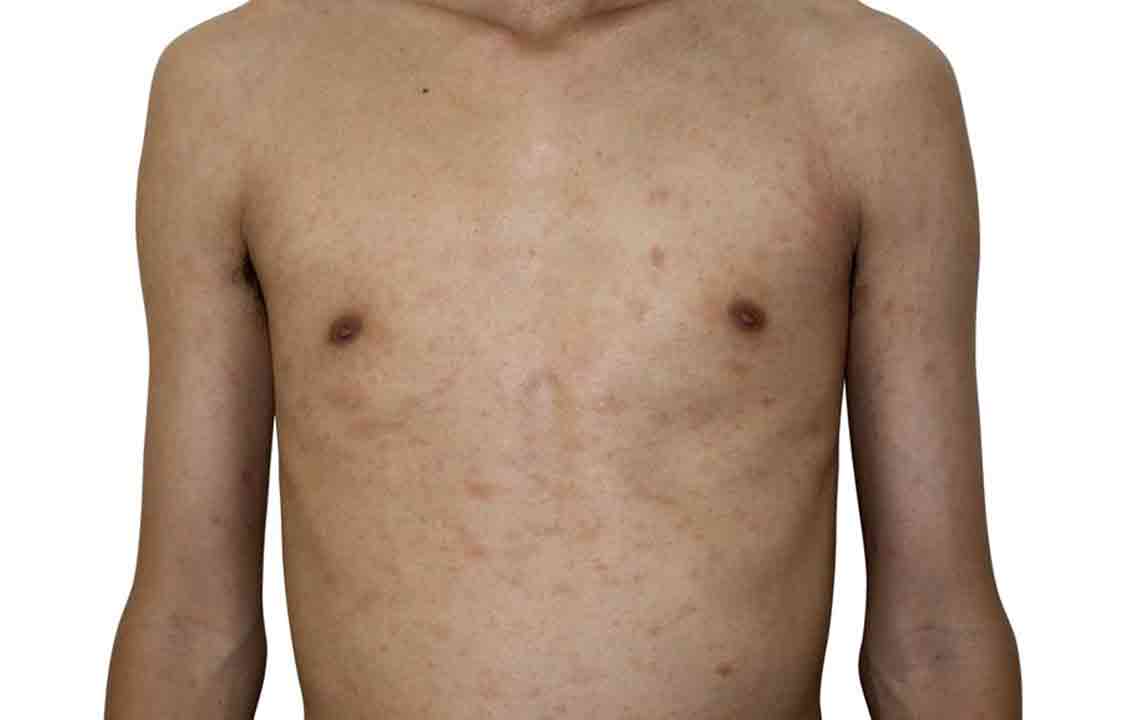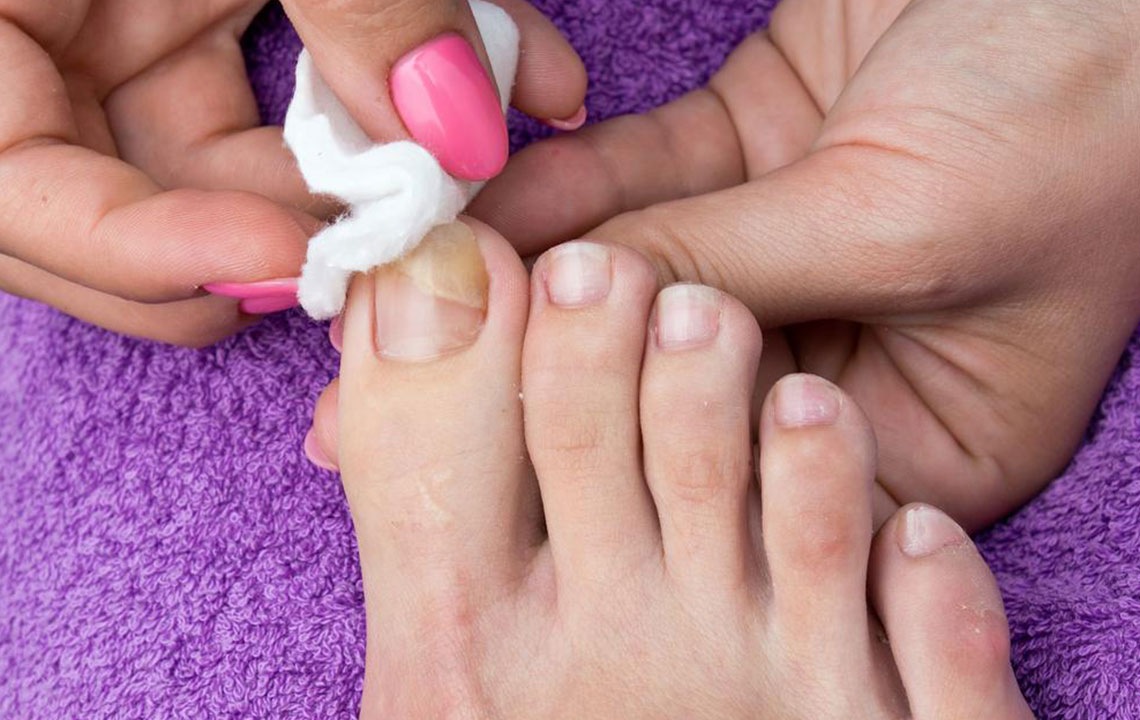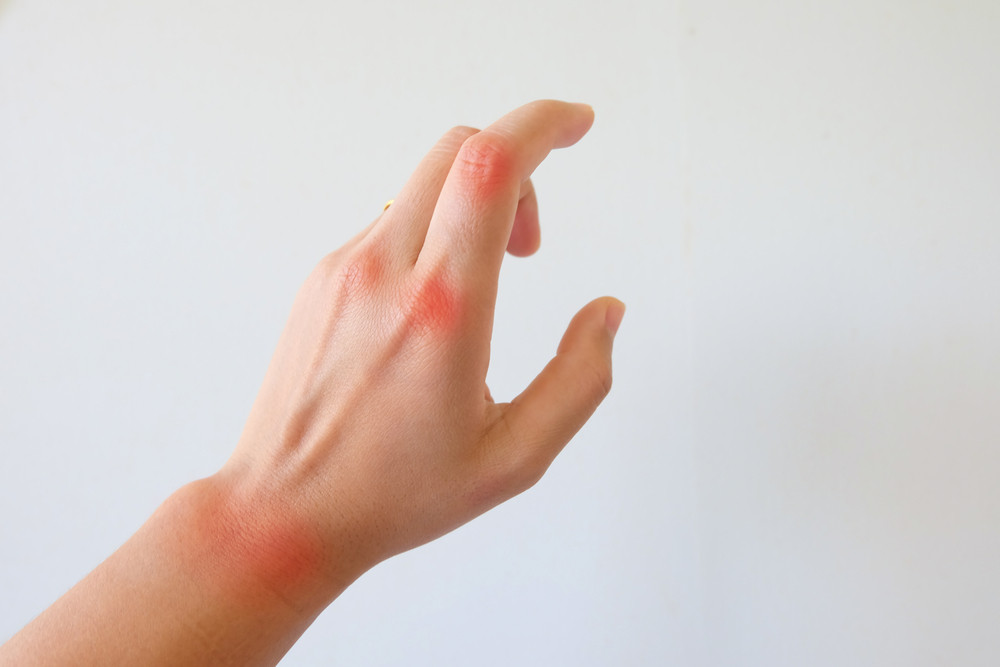Comprehensive Guide to Managing Skin Rashes and Their Treatments
This comprehensive guide explores various skin rashes, their causes, and effective treatments including medications, natural remedies like oatmeal, apple cider vinegar, chamomile, and the importance of moisturizers. It emphasizes consulting dermatologists for persistent issues and discusses the benefits of natural treatments for soothing, healing, and managing skin rashes across all age groups.
Sponsored

Understanding Skin Rashes and Effective Treatment Options
Skin rashes are widespread skin conditions characterized by noticeable outbreaks and redness. They can affect people of any age, from infants to seniors, and nearly everyone experiences some form of rash at some point. There are numerous medical diagnoses for skin rashes, stemming from various causes. Consulting a dermatologist—an expert in skin diseases—is advised when rashes are persistent or difficult to diagnose, ensuring targeted treatment.
Common Medications for Skin Rash Relief
Antibiotics: Oral antibiotics like dicloxacillin, tetracycline, and erythromycin are often prescribed for bacterial skin infections.
Antifungal medications: For fungal infections, drugs such as fluconazole, itraconazole, and terbinafine are used to treat more severe fungal conditions affecting the skin or nails.
Antiviral drugs: Medications like acyclovir, valacyclovir, and famciclovir target viral skin issues, including herpes and shingles.
Corticosteroids: Topical corticosteroids help manage immune-related skin conditions like vasculitis and inflammatory skin diseases, minimizing symptoms.
Dermatologists often recommend topical steroids to reduce discomfort and prevent complications.
Immunosuppressants: Drugs such as azathioprine and methotrexate are vital in treating severe psoriasis and dermatitis.
Biologics: Advanced therapies like adalimumab address autoimmune skin disorders like psoriasis effectively.
Enzyme inhibitors: Medications like apremilast block specific immune proteins, decreasing inflammation.
Retinoids: Acitretin reduces skin cell proliferation, especially in severe psoriasis cases.
Oatmeal’s Role in Skin Rash Relief
Oatmeal offers soothing benefits due to its anti-inflammatory and calming properties, making it effective against irritation from poison ivy, dermatitis, chickenpox, sunburns, and allergies.
Being a humectant, oats help hydrate the skin while its components soothe inflammation.
Mix finely ground oats with warm water, avoiding boiling water to prevent further irritation. Soaking the affected area provides relief.
For facial rashes, combine oats with plain yogurt and honey for a gentle, natural remedy.
Apple Cider Vinegar for Skin Rashes
Natural apple cider vinegar can help reduce itchiness and skin irritation due to its acetic acid content.
Apply a diluted solution with a cotton ball to affected areas; if discomfort arises, dilute further or avoid use.
It also helps dry skin by balancing the skin's pH and boosting hydration.
Chamomile’s Healing Benefits
Chamomile is known for its anti-inflammatory and soothing properties, making it beneficial for skin rashes.
It alleviates itching, promotes healing, and reduces inflammation through its antibacterial, antifungal, and antiviral effects.
Use chamomile tea-soaked cloths as packs or add a few drops to carrier oils like coconut oil for application.
The Importance of Moisturizers
Moisturizers are essential for dry, itchy skin rashes, helping maintain hydration and barrier protection.
Choose over-the-counter options and apply them after bathing to lock in moisture, easing discomfort.
For persistent or severe rashes, consulting a healthcare professional is vital for effective management and relief.






